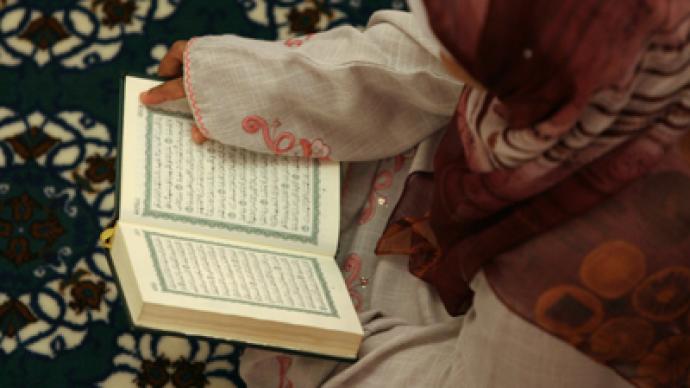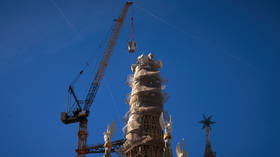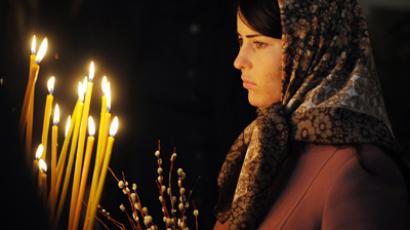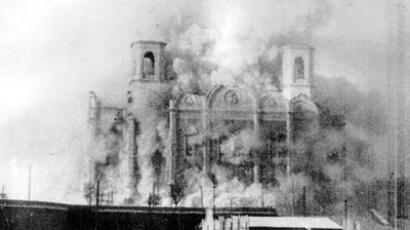Muslims lash out at ban on religious books

The Russian Council of Muftis has voiced its protest against banning some Muslim religious books in the country as extremist.
“We consider the prohibition of religious literature as an attempt at the revival of total ideological control,” the body said in a statement published on its website. “Such practice is unacceptable in a democratic society…and is an alarm signal for Russian citizens,” the council pointed out. The Islamic scholars’ anxiety followed a ruling made earlier by a district court in Orenburg which banned 65 religious and historic books issued by “almost all Islamic publishers in Russia.”According to the council, the prosecutor and the judge made the decision “behind-the-scenes”: not a single author, translator or publisher was invited to the trial as a defendant. The copy of the ruling that came into force back in April was presented to booksellers at a recent book fair in Kazan, the muftis stated. The body noted that Russian Muslim organizations do appreciate the law enforcement agencies’ efforts in countering extremism. However, there are occasions when Islamic religious literature is being put on the banned list. According to the Muftis Council, quite often the reason behind that is the lack of “unbiased, well-grounded, and thorough” and full expert conclusions.“Russian Muslims believe that defining the list of extremist religious literature is the internal affair of each religious confession,” the Muftis’ statement reads. The expertise of religious organizations it required, they said, adding that it was the reason why expert councils – including that on religious literature – were created.Muslim scholars stressed that religious literature “should not be blamed for existing social and political problems.” Only activities of organizations that violate the law must be legally suppressed, they underlined. The Russian anti-extremism law has repeatedly come under fire for the lack of clarity. Last week, the Public Chamber together with representatives of Russian religious confessions urged amendments to the law. Under the initiative, all holy texts of registered religious organizations should be freed from accusations of extremism, wrote Kommersant daily. “It’s not clear to anyone where exactly extremism begins,” said Aleksandr Verkhovsky, the director of the Sova Center for analysis. “The level of threat of an activity is not taken into account either. The law covers both terrorism and drawing filth on walls.”In near future, the Public Chamber is set to come up with proposals on the improvement of the law, reported gazeta.ru. If the initiative is supported by the State Duma deputies, the federal list of banned extremist materials might be reconsidered or even canceled.














